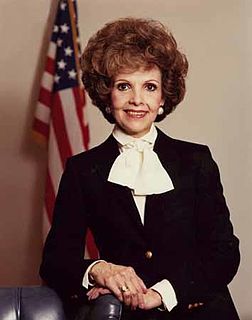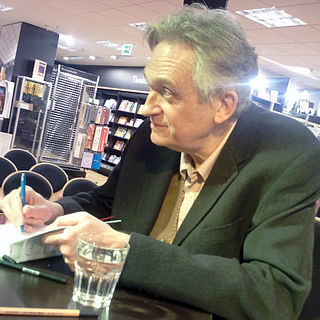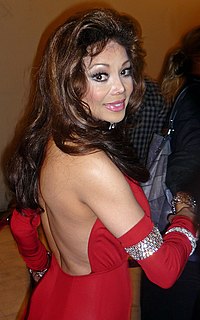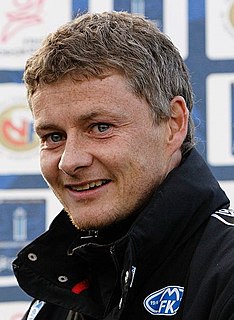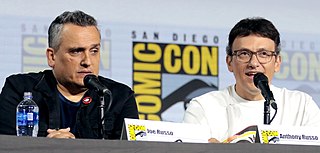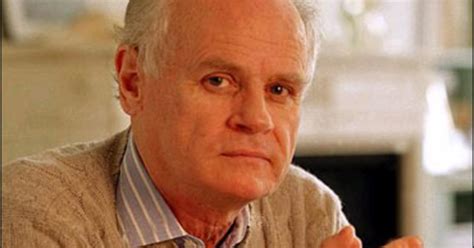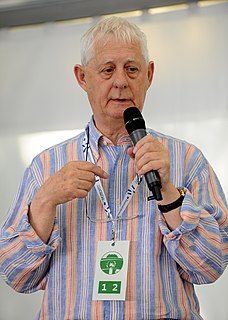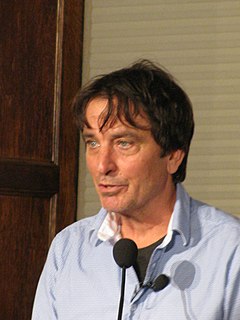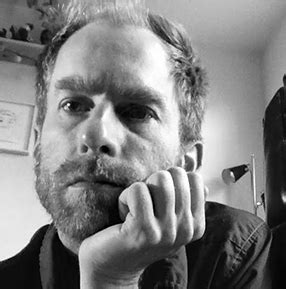Top 1200 Writing A Book Quotes & Sayings - Page 20
Explore popular Writing A Book quotes.
Last updated on April 20, 2025.
People who write for reward by way of recognition or monetary gain don't know what they're doing. They're in the category of those who write; they are not writers. Writing is simply something you must do. It's rather like virtue in that it is its own reward. Writing is selfish and contradictory in its terms. First of all, you're writing for an audience of one, you must please the one person you're writing for. Yourself.
When I used to teach writing, what I would tell my playwriting students is that while you're writing your plays, you're also writing the playwright. You're developing yourself as a persona, as a public persona. It's going to be partly exposed through the writing itself and partly created by all the paraphernalia that attaches itself to writing. But you aren't simply an invisible being or your own private being at work. You're kind of a public figure, as well.
Read Becoming a Writer by Dorothea Brande. Then do what it says, including the tasks you think are impossible. You will particularly hate the advice to write first thing in the morning, but if you can manage it, it might well be the best thing you ever do for yourself. This book is about becoming a writer from the inside out. Many later advice manuals derive from it. You don't really need any others, though if you want to boost your confidence, "how to" books seldom do any harm. You can kick-start a whole book with some little writing exercise.
I don't change the language for children books. I don't make the language simpler. I use words that they might have to look up in the dictionary. The books are shorter, but there's just not that much difference other than that to be honest. And the funny thing is, I have adult writer friends [to whom I would say], "Would you think of writing a children's book?" and they go, "No, God, I wouldn't know how." They're quite intimidated by the concept of it. And when I say to children's books writers, would they write an adult book, they say no because they think they're too good for it.





















